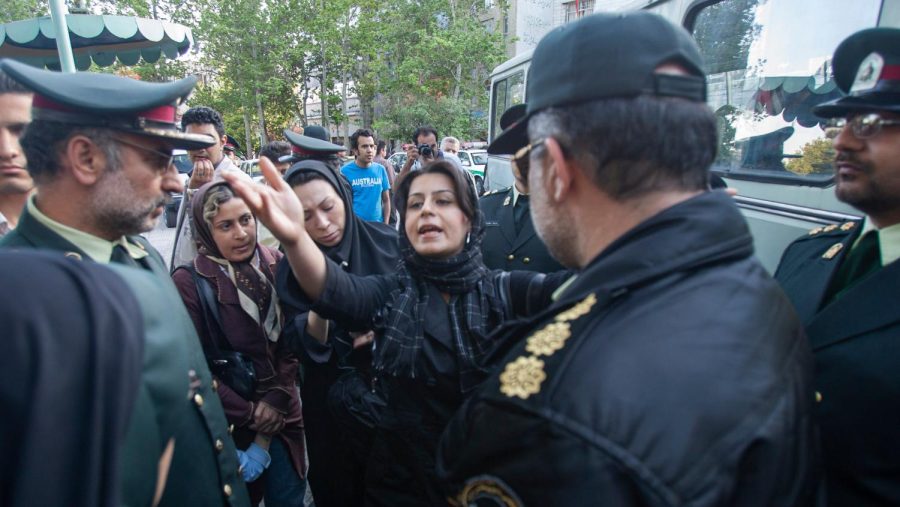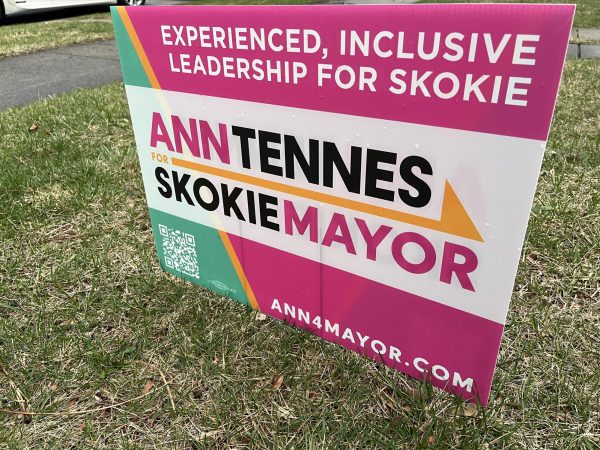Iranian attorney general claims morality police has been abolished, citizens say otherwise
The morality police enforces Iran’s strict hijab law.
Iran’s morality police has been abolished, with reconsiderations of national hijab laws, according to Iranian attorney general Mohammad Jafar Montazeri on December 4. However, according to citizens of Iran, this is not the case.
Iran’s morality police was established to ensure the people of Iran followed the law, in terms of religious order. According to Iranian law, all women past the age of puberty must follow a dress code, wearing a hijab and loose clothing. This rule is based off of the Iranian government’s interpretation Islamic Sharia law. This principle requires both men and women to dress modestly, however, it is more enforced by law that women dress this way.
The guidelines of what is appropriate for women to wear are rather unspecific and arbitrary, but the sentence for disobeying the dress code is detainment by government officials.
The morality police was allegedly disbanded, according to Iran’s attorney general earlier last week. Iranians were shocked by this news, claiming that this wasn’t true. During an interview on MSNBC, Iranian-American journalist Masih Alinejad said, “This headline [was] going around, everywhere in the world, that the morality police has been abolished–[yet] Iranian regime actually shut down one of the parks, just because one of the employees was unveiled.”
“Let me be very clear with you, this was a big lie,” Alinejad said. “But at the same time, Iranian regime knows that once they are in a crisis how to use propaganda tactic to change the narrative around the world.”
Iranian officials have made the decision “confusing and ambiguous” for citizens, executive director of the New York-based Center for Human Rights Hadi Gaemi said.
The Iranian government has faced major backlash over the harsh rules of the morality police, especially since the death of Mahsa Amini, a 22 year old Iranian woman, killed at the hands of the police because she didn’t wear her hijab in public. Although these laws have been set in place since 1979, after the Islamic Revolution, media coverage of the protests in Iran against these laws has skyrocketed, with people all over the world standing with Iranian women. Citizens are calling for change. Over 400 people have been killed in protests by police forces.
“…I think there need[s] to be additional economic and diplomatic steps taken by governments in order to pressure Iran to rethink the existence of its Guidance Patrol,” Civics teacher Katie Weston said when asked about the impact of these protests. “The continued acts of civil disobedience and protest need to be supported in order to push for needed change in Iran.”
It is still unclear whether the morality police has actually been abolished.

Penelope is a senior, and this is her fourth year on North Star News. She's inspired by journalist icons like Carrie Bradshaw and Andie Anderson....








Cynthia Fey • Dec 20, 2022 at 8:31 am
Thank you for keeping us informed about this issue! Mahsa Amini’s pointless death is a reminder to us all to support women and beware morality policing in all its forms.